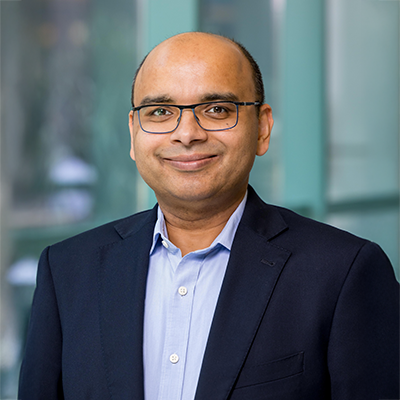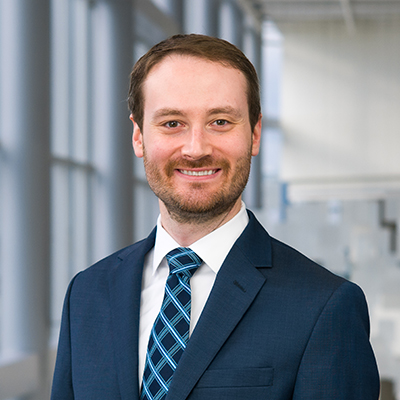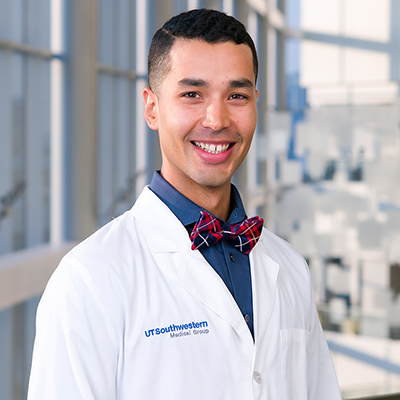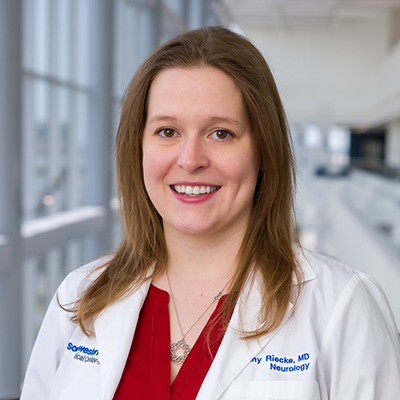Clinical Neuroscience Scholars Program
The O’Donnell Clinical Neuroscience Scholars Program provides outstanding junior faculty with mentoring in brain disease-related disciplines so that they can become nationally recognized experts in their areas of interest. The program supports both faculty recruitment and ongoing mentorship to promote enduring excellence in state-of-the-art, personalized, and empathetic patient care.
Program Structure
Financial Support
Each scholar will receive $1 million to be used over five years. Each year, $100,000 will be used for salary support and $100,000 will be used for scholarly work, which may include teaching or patient-centered research.
Senior Mentor
A master clinician will serve as a senior mentor to each O’Donnell Scholar. Scholars and mentors will be paired within their shared clinical specialty.
Multidisciplinary Mentorship Team
Each scholar will be supported by a specialty-specific clinician, alongside a multidisciplinary mentorship team to increase professional development.
See full details on eligibility and how to apply.
Meet Our Scholars

Dr. Jha, a researcher in the Center for Depression Research and Clinical Care (CDRC), aims to develop novel treatments for patients with mood and substance use disorders. Dr. Jha conducts clinical trials on novel compounds for treatment-resistant depression and studies of individuals with stimulant use disorder with his senior mentor, Madhukar Trivedi, M.D., Director, CDRC.
“As an O’Donnell Brain Institute Clinical Neuroscience Scholar, I hope to develop my program of research in understanding the brain mechanisms of stimulant use disorder and identify circuits that can serve as targets for future experimental medicine studies."

Dr. Lane is a neuropsychiatrist with a special interest in epilepsy. He is part of UT Southwestern’s growing Geriatric & Neuropsychiatry Clinical Program, directed by Dr. Molly Camp, and conducts neuropsychiatric evaluations with epilepsy patients who are candidates for surgery. His clinical research focuses on biomarkers to predict post-surgery outcomes for patients with intractable epilepsy with the aim of guiding patient discussions on prognosis, treatment, and management.
"An enormous strength of the CNS program is in the mentorship it provides, allowing early-career faculty to further our understanding of the brain with the guidance of senior clinician-scientists."

Dr. Guillory, Assistant Professor of Psychiatry, is interested in health disparities and equity, health care systems and operations, and transitional-age youth and young adult (TAY) psychiatry. His career goal is to be an independent, federally-funded investigator who develops community-based, peer-led clinical programs for TAY with suicidality.
"The CNS Program gives me the opportunity to achieve substantial progress toward my career goals through protected time for research activities and ongoing development, and support for developing a clinical program over the next five years."

Jenny Riecke, M.D., Assistant Professor of Neurology and Internal Medicine, specializes in palliative care for patients with neurodegenerative diseases such as dementia, Parkinson's, and amyotrophic lateral sclerosis (ALS). The OBI CNS program will support Dr. Riecke's work building a robust neuropalliative care program including expanding access to specialty trained palliative care and building new collaborations with multidisciplinary care partners.
"The CNS program will allow me to dedicate time to building a robust neuropalliative care clinical program and provide the mentorship and support necessary for me to grow as a physician leader in a novel field."

